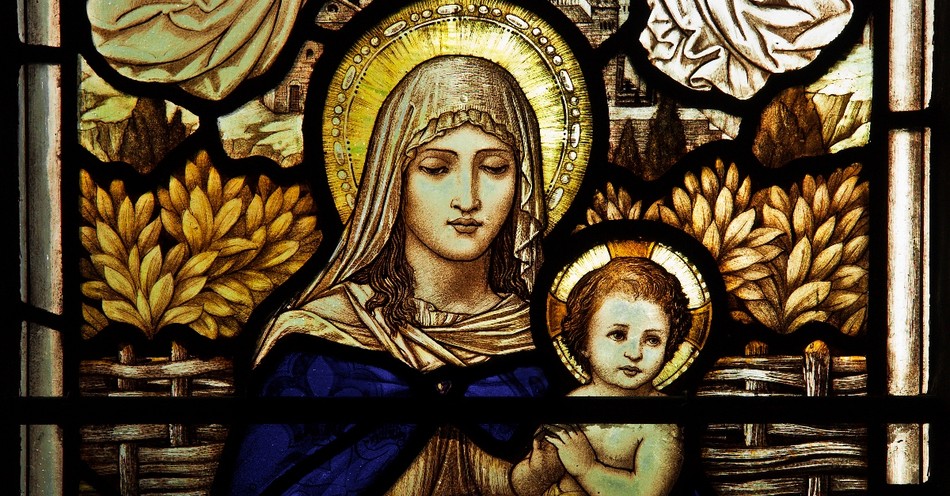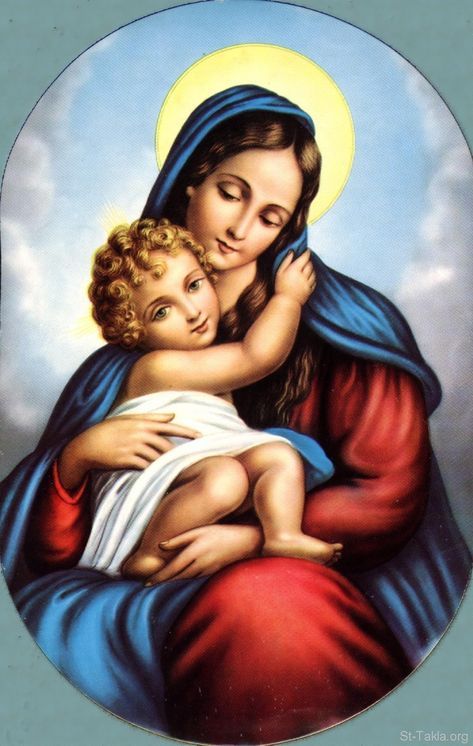Mary's Assumption: A Theological Exploration of Heavenly Glory
Introduction: Defining Key Concepts
This discourse examines the Roman Catholic dogma of the Assumption of Mary, exploring its theological underpinnings and significance within the broader context of Christian faith. We will define key concepts such as dogma (a doctrine formally declared to be divinely revealed truth), Immaculate Conception (the belief that Mary was conceived without original sin), and intercession (the act of praying to a saint to request divine favor). Understanding these foundational concepts is crucial for a nuanced analysis of Mary's Assumption and its implications. The application of theological frameworks and models will be employed to analyze this significant event within the Catholic faith. We will utilize the lens of systematic theology to examine scriptural allusions, ecclesiological pronouncements, and patristic interpretations to construct a comprehensive understanding.
Mary's Unique Role and the Immaculate Conception
The doctrine of the Immaculate Conception, preceding the Assumption, posits Mary's exemption from original sin. This theological construct, foundational to the Catholic understanding of Mary, positions her as uniquely prepared for her role as Theotokos (God-bearer). The Immaculate Conception, viewed through the lens of soteriology (the study of salvation), highlights Mary's complete freedom from sin's taint, a prerequisite for her role in the divine plan of redemption. This purity, therefore, becomes a crucial element in understanding her subsequent elevation to heavenly glory. Employing the concept of hamartiology (the study of sin), we see the contrast between humanity's inherent sinfulness and Mary's exceptional grace, setting the stage for the theological explanation of her assumption.
Theological Implications of Mary's Bond with Jesus
Mary's intimate relationship with Jesus, the pivotal figure in Christian soteriology, is inextricably linked to her Assumption. As the mother of the incarnate Son of God, Mary's participation in the redemptive act is unparalleled. Applying Christological principles, Mary’s role becomes not merely biological but profoundly salvific. Her profound connection with Jesus, reflecting the unique bond between mother and son, underscores the appropriateness of her elevation to heavenly glory. This can be understood through the framework of ecclesiology (the study of the church) whereby Mary serves as a quintessential model of faith and obedience. This deeply personal yet divinely ordained relationship provides a powerful theological rationale for the Assumption.
Scriptural Allusions and Ecclesiological Affirmations
While the Assumption isn't explicitly stated in biblical scripture, several passages offer symbolic allusions to Mary's heavenly destiny. Revelation 12:1, depicting a woman clothed with the sun, provides a powerful visual metaphor interpreted by the Church as prefiguring the Assumption. Employing hermeneutical principles, one can explore how this symbolic language mirrors the theological concept of the heavenly realm. Further, the dogmatic definition of the Assumption by the Catholic Church, based on Sacred Tradition and theological reflection, affirms this belief as divinely revealed truth, thus integrating it firmly into the broader structure of Catholic doctrine. The application of the Magisterium (the teaching authority of the Church) reinforces the legitimacy and authority of this doctrine.
Patristic Interpretations and Theological Development
The historical development of the doctrine is evident in the writings of early Church Fathers, such as St. John Damascene, whose theological reflections on Mary’s purity and freedom from corruption foreshadowed the later dogmatic definition. Using a historical-critical approach, we see how the belief in the Assumption evolved organically within the Church's theological tradition, gaining increasing affirmation through centuries of contemplation and discourse. The lens of patristics (the study of early Church Fathers) provides valuable context for understanding the historical evolution and theological foundation of this belief.
Eschatological Hope and the Transformation of Humanity
Mary's Assumption serves not merely as a unique event, but as a powerful eschatological (end-times) symbol offering hope for humanity's ultimate destiny. Her bodily assumption prefigures the resurrection and glorification of believers. This event is seen as a foretaste of the transfiguration of the human body, offering believers a powerful image of hope and anticipation for their own eventual heavenly transformation, aligning the concept with the hope of resurrection as described in the Pauline epistles and other New Testament texts.
God's Love, Mary's Intercession, and the Call to Holiness
The Assumption is understood as an expression of God's boundless love for Mary and for humanity as a whole. Furthermore, it underscores the role of Mary as intercessor, demonstrating her continued advocacy for the faithful after her death. Following the tradition of Marian devotion, this intercessory role strengthens the bond between the faithful and the heavenly realm. The doctrine is used to inspire holiness by presenting Mary as a model of faith, obedience, and devotion, providing a model to be emulated in personal spiritual growth. This inspires the faithful to strive for a life of virtue and closeness to God, mirroring Mary's own life.
Conclusion and Recommendations
The Assumption of Mary, a central tenet of Catholic faith, is more than a historical event; it is a rich theological concept encapsulating numerous themes. This exploration has showcased the doctrine's theological underpinnings, its scriptural allusions, historical development, and eschatological implications. The concept is powerfully symbolic, serving as a source of hope and inspiration for believers. Further research could explore comparative theology, examining the ways other Christian denominations interpret Mary's life and role, while maintaining focus on rigorous theological methodology to enrich and deepen our understanding of the Assumption. The impact of this doctrine on the spiritual life of Catholics underscores its importance in shaping religious practices and devotion.
Reader Pool:
Considering the theological arguments presented, how might a deeper understanding of the Assumption of Mary contribute to a richer understanding of Christian eschatology and the hope of human transformation?
```





No comments yet. Be the first to share your thoughts!